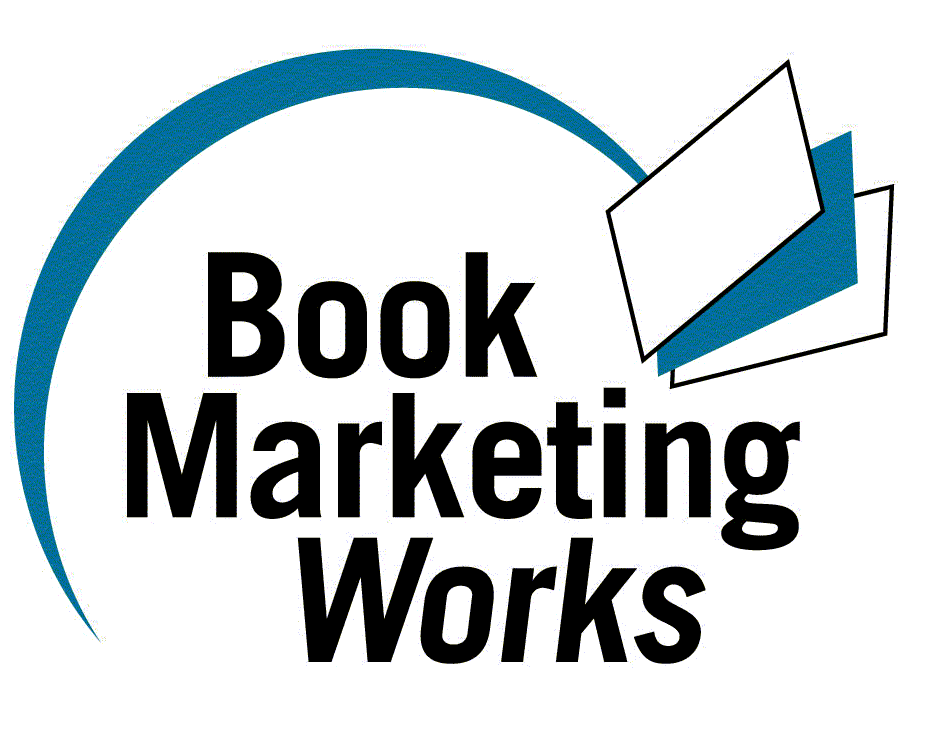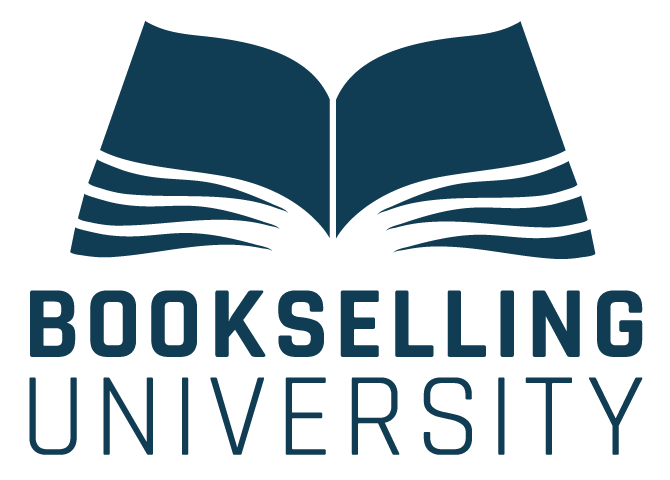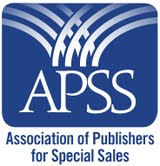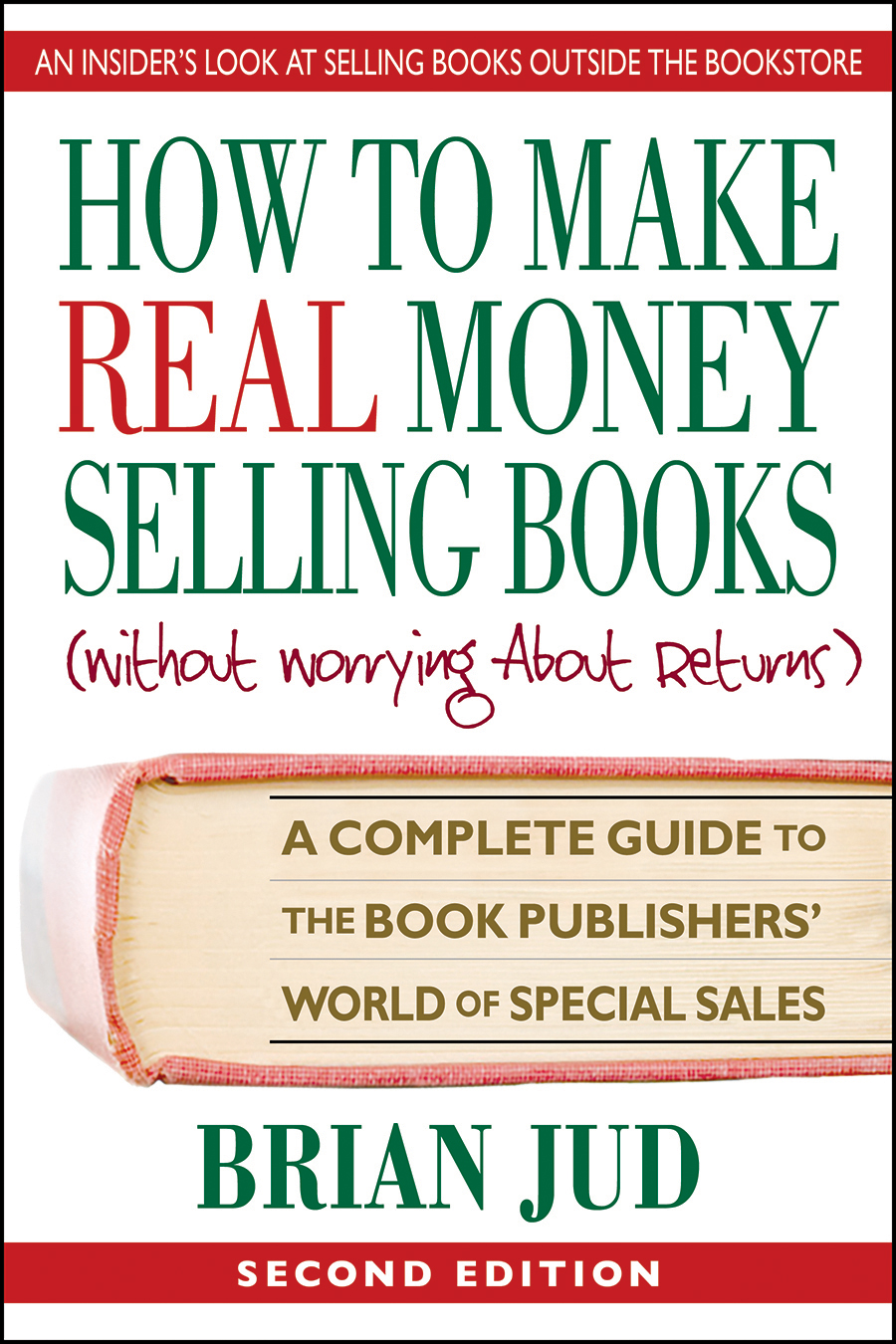|
Make the Grade in the
Academic Market By
Brian Jud The
academic marketplace is an enormous segment for publishers, one using
books as
a foundation for its existence. It impacts people of all ages, from
pre-school
through graduate school and adult education courses. Books
sold for use in the classroom comprise a large part of the books sold
in the
academic market. Unfortunately there are no national standards for
choosing
textbooks, but there are usually state standards to which purchasing
decisions
are held. Although each state is unique in its needs and buying
procedures, if
you can publish to the standards of CA, FL, IL, NY and TX you will
reach the
five top states in terms of population and budget money. Criteria
used for selection of the textbook: 1)
Quality of production and content. Your book must have superior
production
characteristics and the information in it must be current and verified.
2)
Author’s credentials. Include the qualifications of the author as well
as
endorsements and testimonials. 3)
Teachers aids. A teacher’s guide is indispensable, and additional
information
such as sample test questions, exercises, and assignments are helpful.
You
might increase your chance of selling your titles if you include
overhead
transparences and answer keys for grading purposes. 4)
Binding. Textbooks are used repeatedly and are subject to harsh use, so
most
teachers prefer hardcover books. Supplementary material may be soft
covered,
but the primary text should have a hardcover. How
to reach the academic market In
many cases, the teachers themselves decide which books to purchase. If
the
school board makes the final decision, then the teachers become
decision
influencers. Still, the instructors are critical to the decision
process, and
an excellent way to reach these people is through direct mail. The best
time to
reach them is when they are deciding which books to use in the next
school
year. Experience shows that this occurs in late summer and early spring. Textbook
buyers are reluctant to purchase from publishers with single titles. If
you do
not have a product line, consider bundling with other authors and
publishers
with complementary products. Then create a catalog describing your
entire line.
Buyers place great significance on your catalog, so invest enough money
to
create one of high quality. Direct
marketing works well in reaching this well-defined target segment. This
includes direct mail, personal visits and telephone calls. You can also
reach
buyers indirectly through school supply stores, educational dealers and
suppliers, trade shows and book fairs. What
should you include in your direct-mail package to instructors? It would
be
cost-prohibitive to send a review copy to each, so your initial letter
should
qualify those who might use your book as a text. Follow up with a
complementary
copy to those who are interested. With this strategy, your direct-mail
package
should contain an informative letter, the Table of Contents, a detailed
description of your title, a sales piece and a reply card requesting a
“desk
copy” or “examination copy.” You
can also use the reply card to obtain important marketing information
as well
as for qualifying the prospect. For instance, ask the respondent for
full
contact information, when the decision will be made and the age or
grade level
for which the title is being considered. Then you will know the best
time to
contact them and perhaps open a market you had not previously
considered. An
excellent resource for mailing lists is Quality Education Data (QED), a
research and database company focused exclusively on education. Quality
Education Data, Inc. is a wholly owned subsidiary of Scholastic Inc.,
the
global children's publishing and media company. QED is located at 1625
Broadway, Suite 250, Denver, Colorado, 80202; Phone: 800-525-5811 Fax:
303-860-0238; http://www.qeddata.com. There
are educational conferences held regularly throughout the year. Find
those
appropriate to your topic and titles and attend them. The conference
planners
may allow you to make a presentation, perhaps in exchange for exhibit
space.
This projects and confirms your image as an expert on your topic. Hand
out
catalogs and flyers about your titles, but avoid using your speaking
time for
selling. You may also write an article for the conference program,
furthering
the perception (and fact) of your expertise. You can locate a
conference near
you by going to http://www.nea.org/affiliates.html.
Here you can find the affiliates in your state and when their
conference is
held. Go
to the websites of your target schools. Many will display course
outlines,
perhaps including the current textbooks. The websites of some states’
Departments of Education provide explanations of the requirements for
each
grade level. Use this information to tailor the content of your books
as well
as your sales approach, demonstrating the benefits of your title over
their
current text. You can also learn some of the industry jargon, such as
the use
of the terms beginning readers, emergent readers or reluctant
readers
in the K-12 arena. You can find the website for your state’s department
of
education by going to www.google.com
and searching for “(Your State) department of education.” Reviews
will help you in this market, too. Send review copies to pertinent
publications, especially School Library Journal. For SLJ’s
submission guidelines, go to http://www.schoollibraryjournal.com/index.asp?layout=SubmissionsSlj.
Since
school districts are so geographically dispersed, you will probably not
find it
economical to contact them personally. For that reason, most large
publishers
use independent sales reps to reach academic markets. These salespeople
need
new product every season and will not represent you if you cannot
supply it.
The National Association of Independent Publishers Representatives
(NAIPR) is a
trade association of about 350 book publishers' commission reps. For
links to
their members’ groups, go to http://www.naipr.org/reps_A_J.html
Follett
Educational Services sells a variety of products and services to
educational
institutions. They sell used textbooks, workbooks and teacher's
editions
through online or printed catalogs. They also sell paperback novels and
reference books. Contact them at 1433 Internationale Parkway,
Woodridge, IL
60517-4941; 1-800-621-4272 or fax 1-800-638-4424. Their website is http://www.fes.follett.com/. NACSCORP
is a national wholesaler and services provider to college stores and
campus
resellers. It offers over 160,000 text and trade book titles from more
than 300
publishers. NACSCORP is an industry service offered by the National
Association
of College Stores (NACS), the professional trade association
representing more
than 3,000 collegiate retailers and about 1,000 associate members who
supply
books and other products to college stores. You can reach them at http://www.nacscorp.com/. NACS
publishes The College Store magazine for higher education
retailers.
This magazine reports on topics of interest to collegiate retailers. In
addition, it hosts several conferences throughout the year. NACS is
located at
500 East Lorain Street, Oberlin, OH
44074; its telephone is (800) 622-7498, fax (440)
775-4769.
Additional
information Additional information can be found online at www.nacs.org.
There is
no typical discount structure for school buyers, and you may decide to
offer a
discount on volume purchased. Except for damaged books there are no
returns and
schools generally pay the shipping charges. Some publishers simply add
10% on
the invoice to cover shipping and handling costs. You must
be patient when selling to schools. You may not reach a break-even
point for
two to three years. But once you demonstrate your credibility, build
your
product line, win awards and elicit positive reviews you will begin to
reap
significant rewards. Other
possibilities
for your titles Opportunities
abound in the academic marketplace for the creative marketer,
particularly at
the secondary level. For example, if you have a line of career-related
titles
you could sell them directly to the Career Development offices located
at most
colleges. You could also sell your books to alumni associations or
campus
chapters of the American Marketing Association as a fundraiser (for a
list of
collegiate chapters go to http://www.marketingpower.com/live/content15888C257.php#coll).
Who else cares about the future job of a college graduate? The parents.
You can
purchase a mailing list of the parents of graduating college students
(American
Student List Company, 330 Old Country Rd.
Mineola, NY 11501-4143; Toll
Free: (888) 462-5600, Fax: (516) 248-6364, http://www.studentlist.com/) and send them information on your titles. The
confined nature of the campus population presents a unique opportunity
for
media advertising. You can promote your titles inexpensively to a
highly
concentrated audience through college newspapers. At the same time you
can test
different headlines, body copy and layouts, but be sure to key your ads
(one ad
may request a reply to Dept. A and the other to Dept. B) so you can
track the
responses. A list of college newspapers, listed by state may be found
at http://dir.yahoo.com/News_and_Media/College_and_University/Newspapers/By_Region/U_S__States/. Many
schools have television or radio stations. Appear on them to market
your books,
but remember that the typical student buyer is frugal. When marketing
directly
to them be sure to offer a compelling financial incentive. For a list
of
college radio stations by state, go to http://www.a2zcolleges.com/college_radio/.
Expand
your definition of the academic market.
There are even more opportunities for book sales outside
the
traditional
academic markets, and many of these are open to fiction titles. For
example,
you could sell fiction or non-fiction to trade or vocational schools,
daycare
centers, home-schooling organizations and school libraries. Many
schools have
adult-education programs utilizing non-traditional textbooks. These may
be
books on very specific topics. Books Are Fun serves tens of thousands
of
schools, corporations, early learning centers, and many hospitals,
universities, government offices and non-profit organizations in the
United
States and Canada through a variety of programs. For questions
regarding book
submissions, email baf_submissions@booksarefun.com. Brian Jud is an author, seminar leader, book-marketing consultant, creator of the Book Market Map directories for special sales, and author of “Beyond the Bookstore” (a “Publishers Weekly” book) and “The Marketing Wizard CD.” Contact Brian at P. O. Box 715, Avon, CT 06001; (800) 562-4357; brianjud@bookmarketingworks.com or visit http://www.bookmarketingworks.com |
Check out these testimonials...





